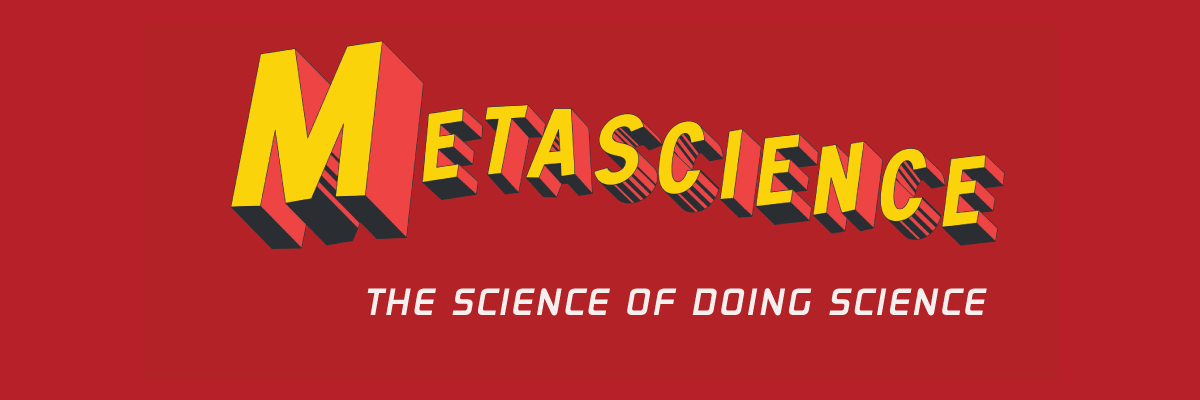
In an article published in Advances in Methods and Practices in Psychological Science, researcher Jeffrey Rouder of the University of California, Irvine and colleagues use principles drawn from high-risk fields to propose best practices for minimizing mundane mistakes in psychology labs.

A series of articles focused on improving research practices at various points of the process, from deciding how to optimize the design of a single study to conducting a comprehensive evaluation of an entire research topic.

APS President Lisa Feldman Barrett offers some suggestions for metascience investigations, including a look at the incentive structures that influence researchers’ behavior.

Will heightened standards for rigor and transparency quash the kind of inventive theories and predictions that have driven psychological science in the first place?

How much variation is there when different researchers analyze the same data? Quite a bit, according to a study published in Advances in Methods and Practices in Psychological Science.

Collecting data from online participant pools and using self-report measures are two strategies that allow for increased sample sizes while drawing on relatively fewer resources — but have social psychology researchers adopted these strategies?

How do your expectations about an interaction affect the outcome? In any social situation, the beliefs you’ve developed over time can influence the way you behave towards and react to a conversation partner. Although you

Psychological scientist Alison Ledgerwood curates a discussion on what scientific discourse has become in the age of social media and how it might evolve to be more productive.

In this season of ghosts, witches, and everything spooky, APS President Lisa Feldman Barrett takes aim at the hordes of mistaken beliefs she sees continuing to haunt psychological science.
